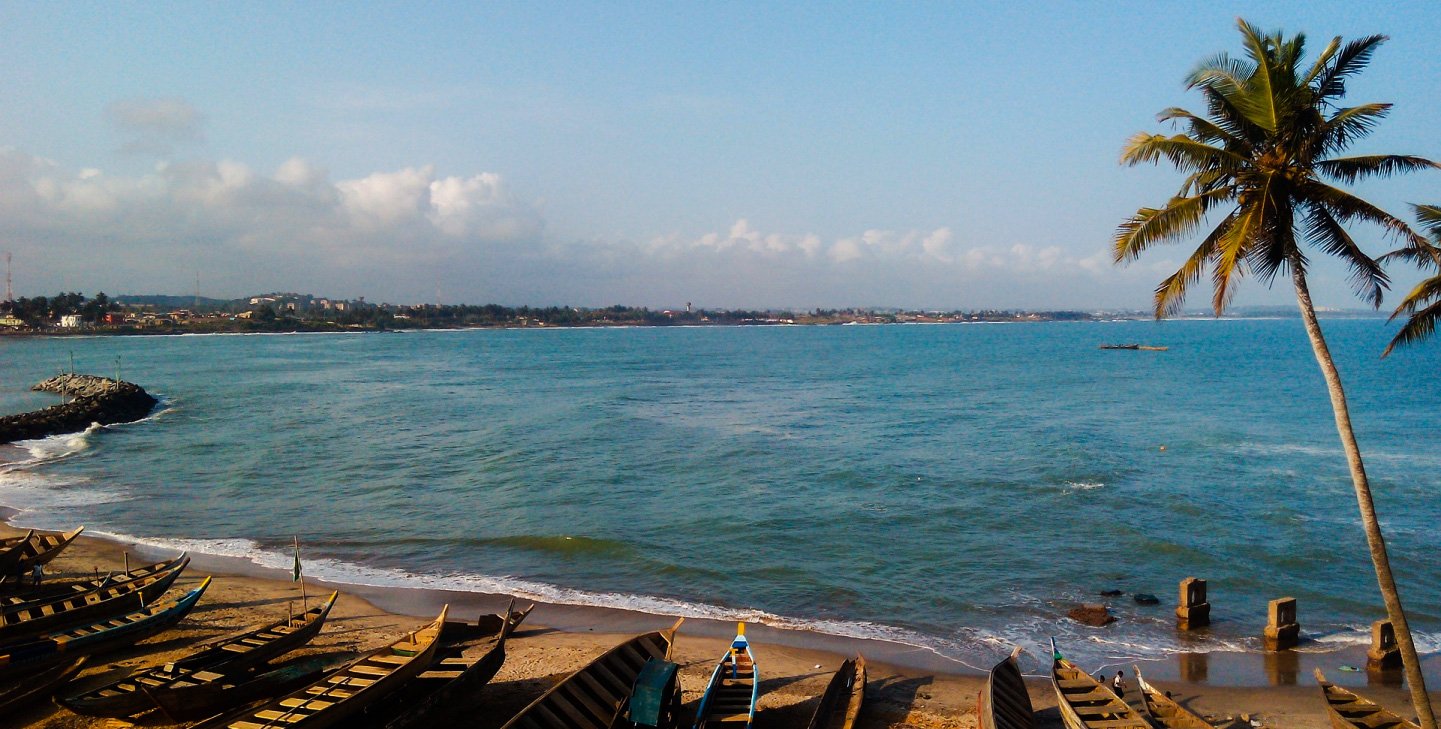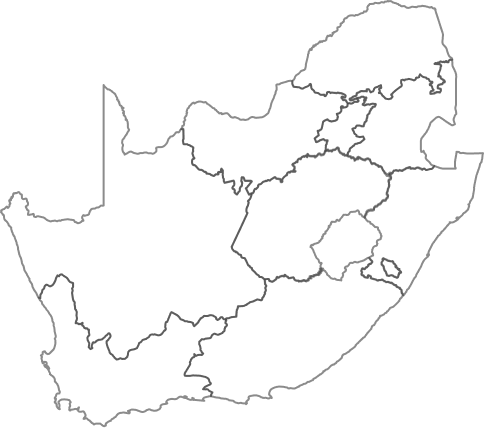Accra, Ghana
Volunteer in Accra
Travel to Africa’s coconut-palm-lined Western coast to assist with education and gender equality initiatives.
Based in the seaside village of Kokrobite, an hour from Accra, Ghana’s capital, you will be surrounded by beaches, tropical ocean and the rich heritage of West Africa. You will work to develop awareness around and access to equal opportunities in education and women’s empowerment.
Positive
impact
Build a better world by contributing to vital, locally-led project work that strives for a more just and equitable future.
Ethical
work
In line with the UN’s SDGs, we are committed to ethical and sustainable engagement with our local partners and communities.
Beautiful
community
Learn from the world’s most unique and significant cultures, in breathtaking remote locations.
Accra volunteer projects
Included in your program, at no extra cost
Make the most of our unique programs with these exclusively curated local adventure and wellness experiences.
Offered once a month, expand your adventure with GVI Experiences. These are just some of the activities offered on your program!
Participate in a cultural food exchange
Join an evening of West African dance and drumming
Learn to make Ghanaian fruit smoothies
Trek up Kokrobite Mountain
Learn to surf on Kokrobite Beach
Enjoy a Ghanaian fish BBQ on the beach
Experience live music and acrobatics at Big Milly's Backyard
Visit Solo Monkey Sanctuary











